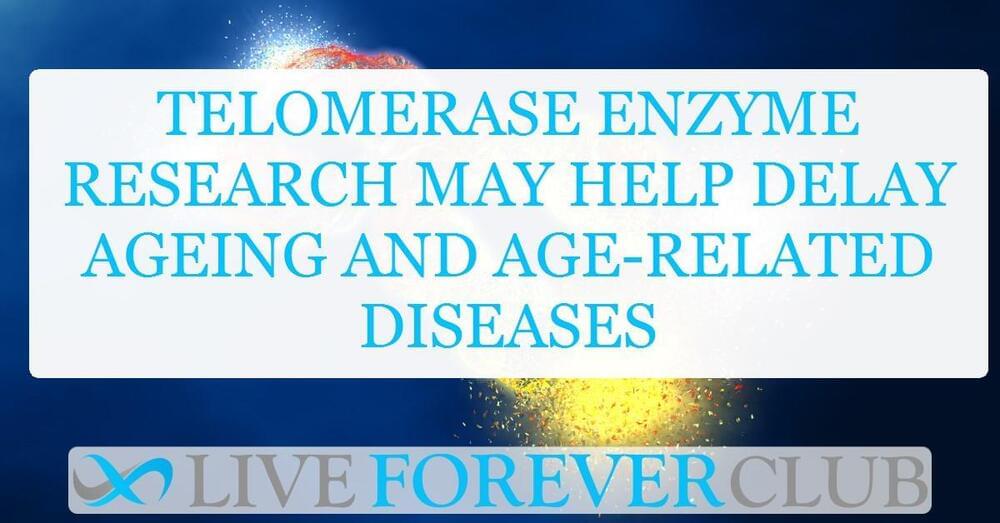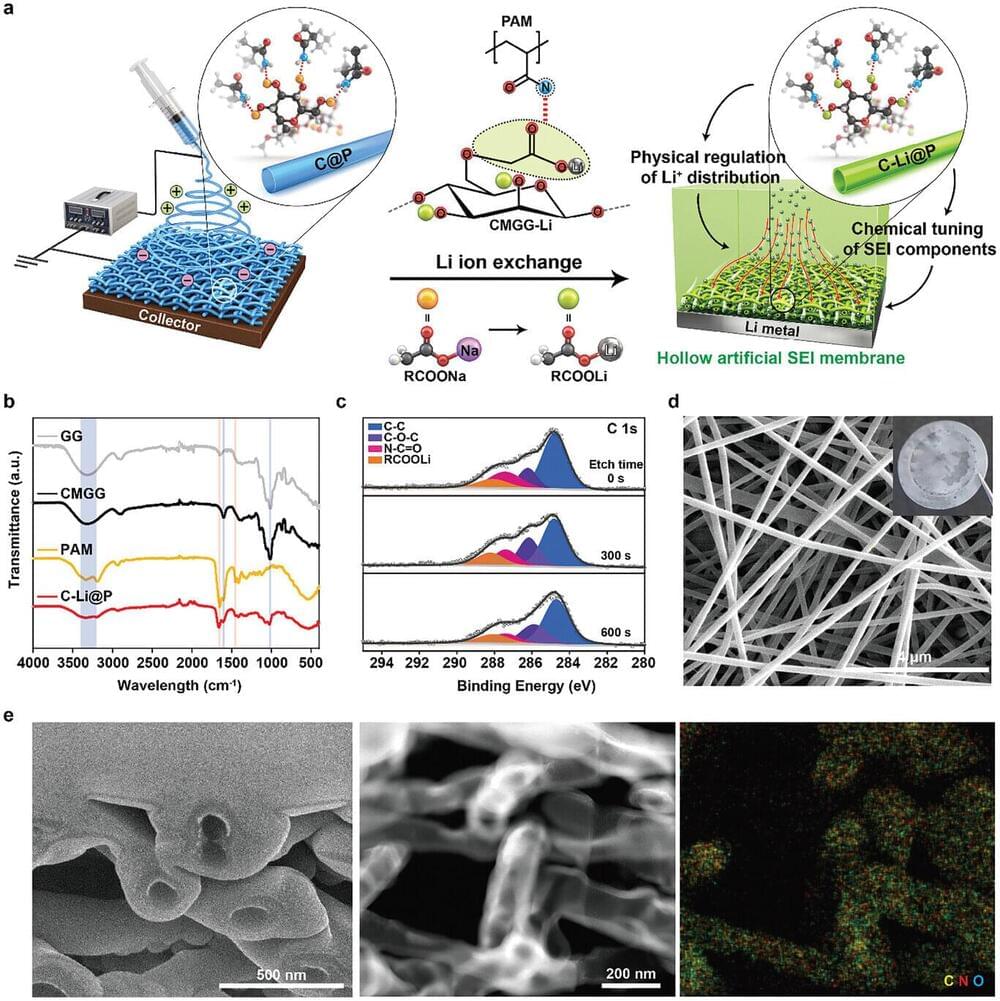Researchers unveil how biological sex influences brain aging, revealing genetic, hormonal, and molecular mechanisms behind cognitive resilience and decline.


Think of a future where terminal illnesses can be temporarily halted, allowing time for the development of potential cures.
TimeShift, the world’s first cryopreservation facility, seeks to make the impossible – extending human lifespan – a reality.
The conceptualized facility would provide a means of freezing or preserving patients’ bodies with terminal illnesses. This way, it could mitigate the progression of neurodegenerative diseases and aggressive cancers. And possibly enable experts to develop a cure.
Join us on Patreon! https://www.patreon.com/MichaelLustgartenPhD
Discount Links/Affiliates:
Blood testing (where I get the majority of my labs): https://www.ultalabtests.com/partners/michaellustgarten.
At-Home Metabolomics: https://www.iollo.com?ref=michael-lustgarten.
Use Code: CONQUERAGING At Checkout.
Clearly Filtered Water Filter: https://get.aspr.app/SHoPY
Epigenetic, Telomere Testing: https://trudiagnostic.com/?irclickid=U-s3Ii2r7xyIU-LSYLyQdQ6…M0&irgwc=1
Use Code: CONQUERAGING
NAD+ Quantification: https://www.jinfiniti.com/intracellular-nad-test/
What does the future hold for humanity in the 21st century? ► WATCH Full Episodes on 9NOW: https://9now.app.link/uNP4qBkmN6 ► Subscribe here: http://9Soci.al…

T Coronae Borealis (T CrB) is a binary star system comprising two stars at very different stages of their life cycles: a red giant and a white dwarf. The red giant, an aging star, is expanding as it nears the end of its life, shedding layers of material into space. Meanwhile, the white dwarf, a stellar remnant that has burned through its fuel, is steadily cooling. This system draws the red giant’s expelled material toward the white dwarf’s surface. When enough accumulates, it triggers a thermonuclear explosion, creating a dramatic outburst of energy and light.
Astronomers know about the “Blaze Star” because it’s had sudden outbursts before. They even know there is usually a decade-long uptick in brightness before the explosion, preceded by a noticeable dip in brightness. That 10-year uptick was reported in a paper in 2023, while the American Association of Variable Star Observers announced T CrB’s pre-eruption dip in April 2024.
Something to bear in mind is that this is a rare astronomical event, but only committed stargazers are likely to get much out of it.

A study from the University of Minnesota Medical School links social stress to accelerated aging, finding that stress damages DNA
DNA, or deoxyribonucleic acid, is a molecule composed of two long strands of nucleotides that coil around each other to form a double helix. It is the hereditary material in humans and almost all other organisms that carries genetic instructions for development, functioning, growth, and reproduction. Nearly every cell in a person’s body has the same DNA. Most DNA is located in the cell nucleus (where it is called nuclear DNA), but a small amount of DNA can also be found in the mitochondria (where it is called mitochondrial DNA or mtDNA).

BioViva focuses on translating this research into therapies.
In the search to extend human lifespan and address age-related diseases, telomerase reverse transcriptase (TERT) stands out as a promising focus of research. This enzyme, known for its role in maintaining telomeres—the protective caps at the ends of chromosomes—offers potential pathways to combat ageing at a cellular level. BioViva, under the leadership of CEO Liz Parrish, is working to transform telomerase-based scientific breakthroughs into tangible therapies aimed at enhancing health and longevity.

What if the secret to slowing down aging was hiding in our brains? A groundbreaking study by researchers at the Allen Institute for Brain Science in Seattle, published in Nature in January 2025, may have uncovered some exciting clues. Using cutting-edge technology, the team analyzed over 1.2 million brain cells from young and aged mice to understand how they change with time. They found that certain cells become inflamed, while others lose critical functions, and all eyes are now on the hypothalamus as a key player in the aging process. These findings deepen our understanding of aging and could pave the way for treatments that keep our brains younger for longer.

Lithium metal, a next-generation anode material, has been highlighted for overcoming the performance limitations of commercial batteries. However, issues inherent to lithium metal have caused shortened battery lifespans and increased fire risks. KAIST researchers have achieved a world-class breakthrough by extending the lifespan of lithium metal anodes by approximately 750% using only water.
Their study is published in the journal Advanced Materials.
Professor Il-Doo Kim from KAIST’s Department of Materials Science and Engineering, in collaboration with Professor Jiyoung Lee from Ajou University, successfully stabilized lithium growth and significantly enhanced the lifespan of next-generation lithium metal batteries using eco-friendly hollow nanofibers as protective layers.
Not a dramatic increase, but a good one.
Loyal, a US biotech startup, has been conducting research and development on LOY-002, a potential drug for extending the lifespan of dogs.
The Guardian reported that the company expects to launch this beef-flavored pill on the market early next year.
Interestingly, Loyal believes their research on canine longevity will also benefit humans.